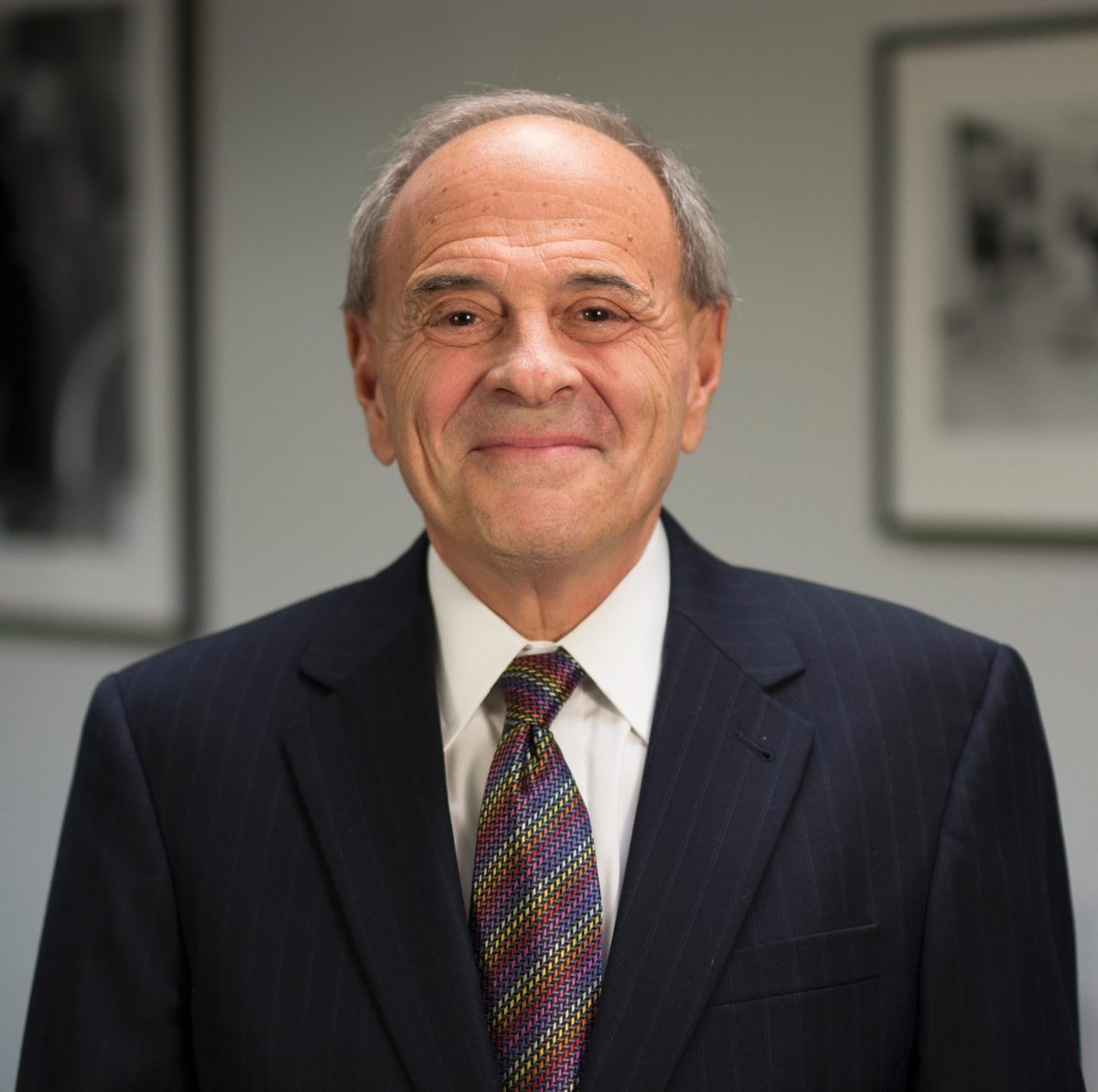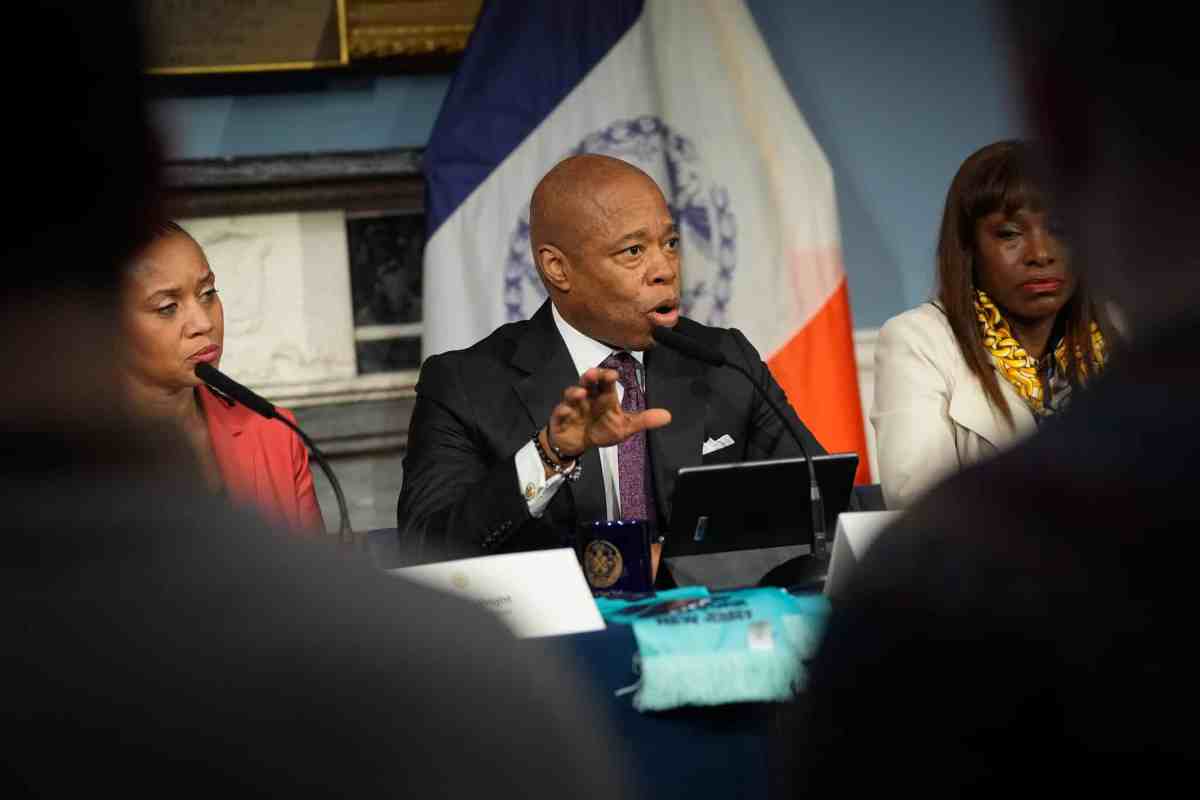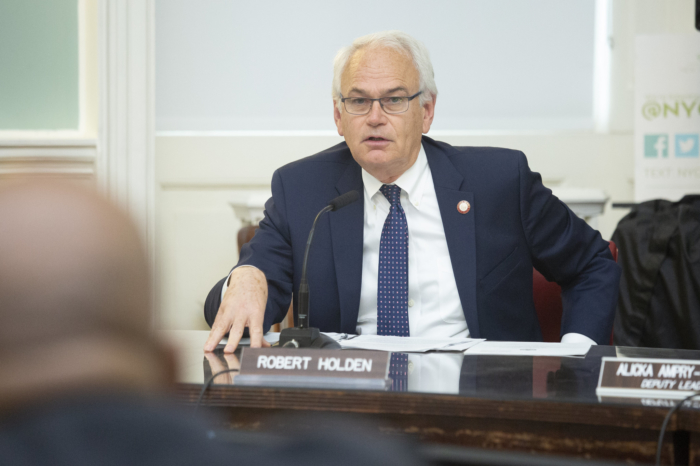By Steven Vernikoff, Chief Executive Officer of The Center for Family Support
When I started at The Center for Family Support over 25 years ago, we were just beginning to understand the possibilities of community-based, person-centered services for people with intellectual and developmental disabilities. We were learning to be open-minded about what could be accomplished, a journey into the now too-familiar term “uncharted territory.”
The COVID-19 crisis has dramatically impacted these residents of our group homes, as well as many other group homes. They often have other health issues that can heighten vulnerability and cause severe reactions. Individuals with intellectual and developmental disabilities are dying as a result of the virus at a higher rate than the general population.
Although largely temporary, all are now confined to where they live. The resultant challenges, including social distancing, are significant but workable. The residents are dependent on the staff who protect their health and safety. We have also stepped up our staff’s safety through, for example, proper protective gear and assistance with public transportation, practices shared by other group homes.
Conditions are difficult everywhere but imagine those faced by our individuals with disabilities. We work to incorporate these often frail (but under-appreciated) members into society, through programs geared to self-directed support and self-advocacy. Our mission is “Personalized Support for a Meaningful Life.”
Group homes are not nursing homes or long-term care facilities, although we share a similar group home setting. The “numbers” on infection rate and mortality rate of nursing homes reflect their resources and distancing challenges. Group homes, with residents between ages 18 and 55+, deal with similar issues but typically with more manageable populations of 6 to 10 individuals. The public needs to know group home challenges because we help those with disabilities live and thrive in a society not so inherently focused.
These are the key issues we (and other group homes) face in the COVID era, as well as key initiatives:
- Safety and prevention is our overwhelming priority. Although we were prepared, the scope of COVID-19 tested our response capabilities. Senior leadership mobilized a COVID response team to procure sufficient personal protective masks. We suspended visits to residential locations for non-essential staff and disinfected all offices.
Where staff or a resident tested positive, that information was communicated to the quality assurance team; contact tracing and COVID-19 precautionary measures followed.
- Technology, important tool. Individual routines were severely disrupted. Those “routines” may include jobs that some — with aid of their CFS jobs coach — have often spent months training for and enjoy. We mobilized a multi-disciplinary team about what supports we could continue. We’ve opened new communication systems so staff and residents can receive needed mental and social supports. Zoom and Hangouts keep staff, residents and families connected, though technology doesn’t replace pre-COVID activities. They are, however, a fragile, effective bridge over troubled waters.
- Overall communication and social approaches. Not everything involves technology, though it helps residents “get through the day.” Like other group homes, we’re utilizing more “well calls,” celebrating people who are up and productive. We try to reduce loneliness and isolation, as many deal with separation difficulties.
- Our staff, our lifeblood. Through use of telehealth, we’ve kept many staff in place and limited furloughs. Some staff members have been redeployed from day to residential services in both New York and New Jersey. Safety procedures, such as taking temperatures before home re-entry, have been effective but incomplete answers. We, like others, are committed to timely, transparent, respectful communication.
By the traumatic nature of COVID-19, we have experienced some staff attrition. It takes a special person to carry out these special programs and services, but that is who is needed. And like many nonprofits, continued financial support helps sustain our mission of personalized support for a meaningful life.
The Center for Family Support (CFS) is a registered 501(c)(3) organization providing support and assistance to individuals with developmental and related disabilities, and to the family members who care for them. Nearly 200 individuals are served in both the NYC Metropolitan area and Central and Northern New Jersey. For more information about The Center for Family Support’s programs and services, or to donate to The CFS Foundation, please visit www.cfsny.org.
































